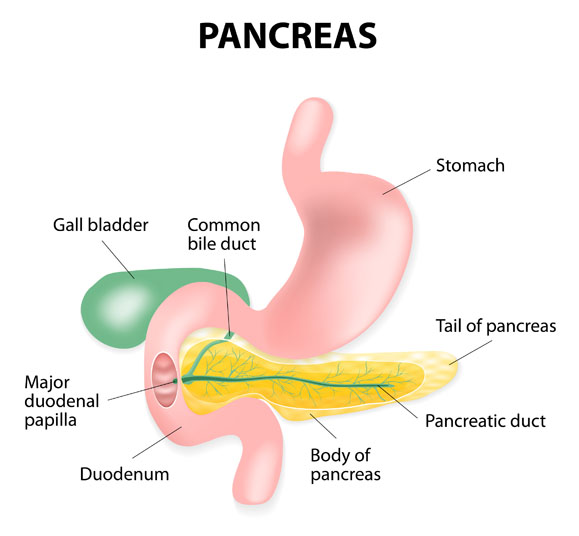What you need to know about Pancreatectomy
Contents
- 1 What you need to know about Pancreatectomy
- 2 What Does the Procedure Involve?
- 3 How Long Should You Stay in the Local Area?
- 4 How Long is the Recovery Time?
- 5 What Aftercare Should You Consider?
- 6 What is the Success Rate for a Pancreatectomy Procedure?
- 7 Are there Alternatives to a Pancreatectomy Procedure?
- 8 What Should You Expect Before and After the Procedure?
Pancreatectomy is a surgical procedure to remove all or part of the Pancreas. The pancreas is an organ located in the abdomen that has two critical functions: to produce juices that help digest food and produce hormones such as glucagon and insulin. The procedure is usually performed to treat several conditions that involve the pancreas, such as pancreatitis, benign pancreatic tumors, and pancreatic cancer.
What Does the Procedure Involve?
There are two types of pancreatectomy: distal (to remove only the body and tail of the pancreas) and total (to remove the whole pancreas), both are performed under general anesthetic. Your surgeon begins the procedure by making a large incision in your abdomen to access your pancreas, then they may remove all of your pancreas or only a part of it. In some cases, the procedure can also be performed with a laparoscopic method, which involves several small incisions to insert a laparoscope (a thin, flexible tube with a camera and a light attached to its end) and small surgical tools.
How Long Should You Stay in the Local Area?
You may need to stay in the hospital for 7 days after the surgery. Aim to stay in the area for at least 14 additional days after you are discharged to attend follow-up checkups where your surgeon checks the progress of your healing and removes any stitches.
How Long is the Recovery Time?
The complete recovery time following a pancreatectomy takes anywhere between four to eight weeks. Some people are able to return to most of their activities, including working, driving, and light exercise (such as walking), within six weeks. Make sure to talk to your surgeon about the detail of your recovery timeline.
What Aftercare Should You Consider?
Your surgeon will give you instructions regarding wound care, diet, exercise, and restrictions. If you have total pancreatectomy, you may need to take insulin and enzyme supplements to prevent diarrhea, help food digestion, and help regulate blood sugar levels since your body no longer produces its own pancreatic enzymes and insulin. The medication may be temporary or lifelong, depending on your specific condition.
What is the Success Rate for a Pancreatectomy Procedure?
Pancreatectomy is considered safe and effective. Nevertheless, as with any surgery, it does have some side effects and risks, including bleeding, infection, long term digestive complications, delayed gastric emptying, pancreatic fistula, gastroparesis or gastric ileus, and allergic reactions to the anesthetic.
Are there Alternatives to a Pancreatectomy Procedure?
The alternatives to pancreatectomy depend on the underlying condition being treated. For example, if you have pancreatic cancer, your doctor may suggest you undergo chemotherapy or radiation therapy to kill the cancer cells. Therefore, it is very important to discuss with your doctor about the best options for your specific case.
What Should You Expect Before and After the Procedure?
Problems in your pancreas can be dangerous. The symptoms the problem causes can prevent you from enjoying your life or performing your normal activities. After pancreatectomy, most of your symptoms should be relieved and you may be cured or be put in remission (if you have pancreatic cancer). Most people are able to return to their normal life and enjoy numerous activities.
For an in-depth analysis of a Total Pancreatectomy Procedure, watch this short video.
To check prices or to book a Pancreatectomy Procedure in Thailand or anywhere else in the world, head on over to MyMediTravel now!

